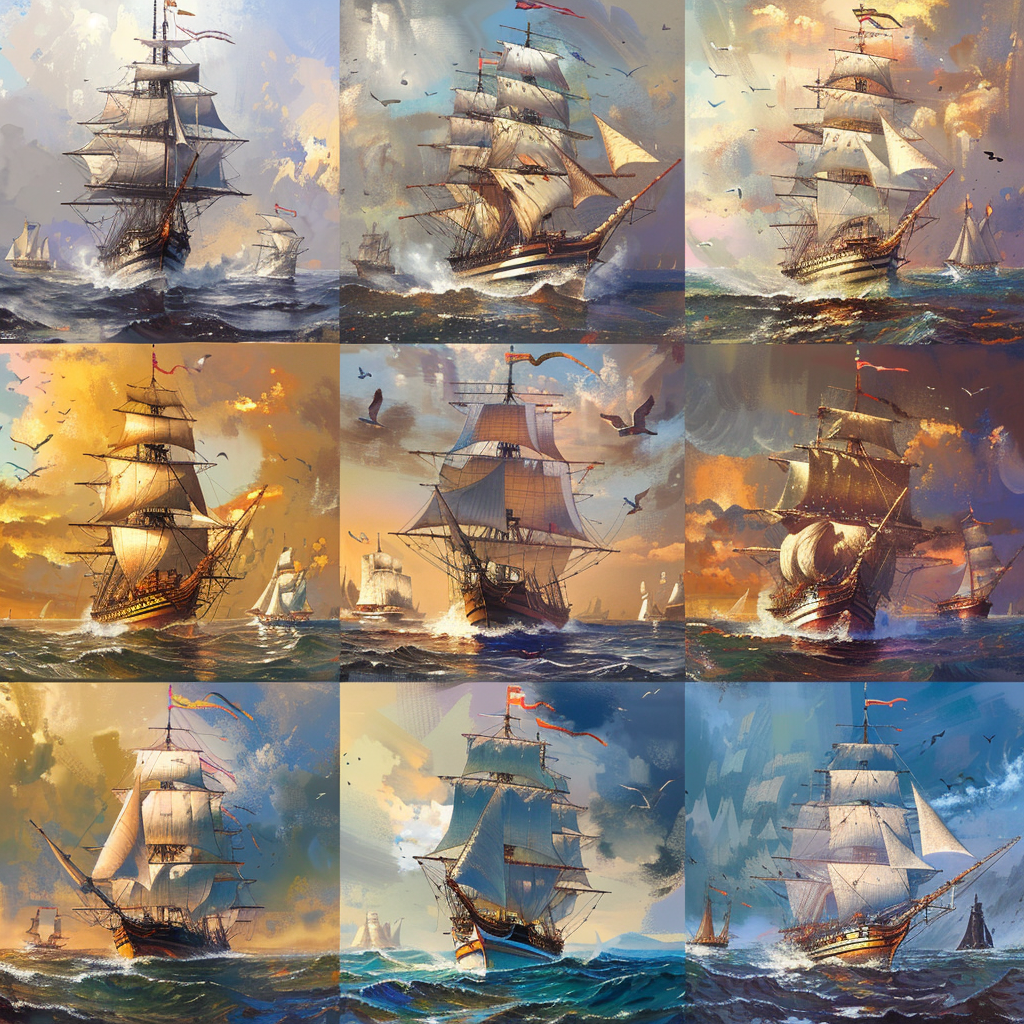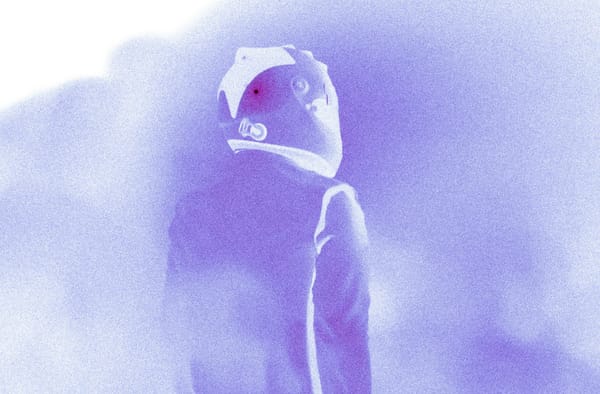Categorization - how language drives emotions

A category is a term used to bunch a host of things into one collective or group. It helps us understand and predict our world better when we do.
But can categorization also cause us to misunderstand our world?
Let us take two basic emotions: happy and sad. If I were to ask you if you were happy or sad, you could probably easily give me your opinion. Let us go with happy.
But happiness has so many hues. You could be very happy about your child's progress in school but miserable about your friend who betrayed you. So, are you happy or sad?
So, are you happy or sad?
Since I forced you to pick, you leaned toward one category. Perhaps you felt that you were overall more happy than sad. Or perhaps you simply felt more comfortable saying you were.
But here is the thing. Your brain believes what you tell it. So, if you say you are happy, your brain will believe you are, and vice versa.
So categorization can both help and hurt. It depends on how you use it for your benefit.
Categorization, though, is not restricted to a few emotions. It is pervasive and extends to everything in your life.
Since we need to make sense of our world, we end up categorizing everything around us. So we have Democrats and Republicans, Communists and Capitalists, and so on.
Could a communist act in a business minded way? Could a capitalist have a bleeding heart for the oppressed? Sure, of course.
Trouble ensues when we form a categorical view and are then forced to defend our position. You told me you were unhappy. How can you be out having fun?
But of course, being unhappy was just a view inside a category. I can be unhappy and happy at the same time, much like I can be a capitalist and a communist at the same time.
Break free from categories. Just be you! You do not need a label to define who you are.
Reach out to me on twitter @rbawri Instagram @riteshbawriofficial and YouTube at www.youtube.com/breatheagain






